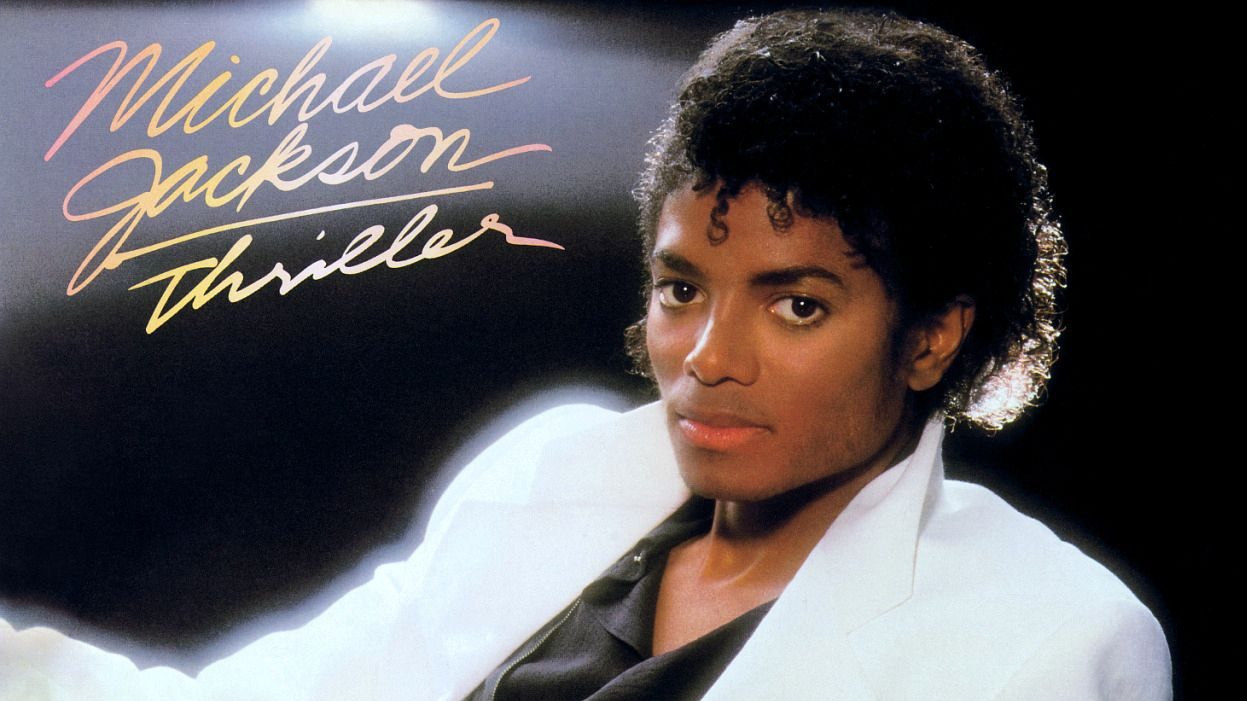“You only live 26,000 days, and I'm telling you, I'm gonna wear all of them out. They're gonna know we came through here”: The life and legacy of Quincy Jones
Jones might have put Michael Jackson on the map, but over a 70+ year career he worked with just about every other great American recording artist...
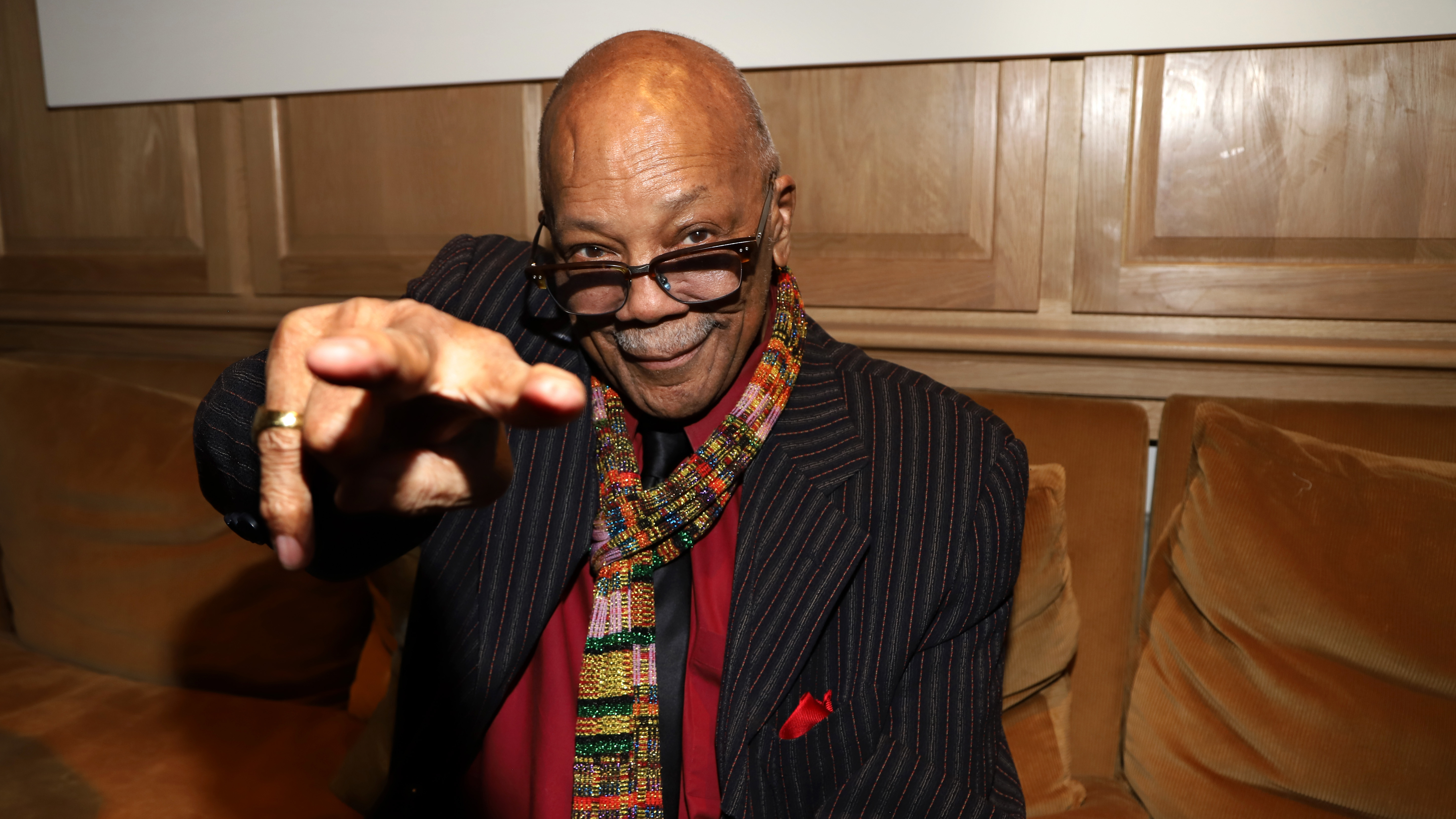
Quincy Jones, who passed away at 91 years of age on November 3, should certainly be celebrated for his work with Michael Jackson, and the dozens of good causes he became involved with during his long and successful life.
But Jones's work - and his most keen of musical ears - also touched just about every great name in 20th-century recording history. He worked with an incredible list of American artists, from Frank Sinatra to Michael Jackson, Ray Charles to Will Smith, and as well as producing landmark albums – including the world's most successful LP in Jackson's Thriller – also had an equally successful career in film and television.
If ever there was a producer with that fabled Midas touch, it was Quincy Jones – he not only helped shape the careers and music of some of the 20th century's most iconic names, but he played a part in many aspects of pop culture that have shaped the way we produce and consume music today.
Jones will, of course and quite rightly, be forever associated with Michael Jackson's Thriller, the best-selling album of all time, with some 70 million copies shifted worldwide. Its success will likely never be bettered, scoring no less than seven hit singles out of nine tracks and winning countless awards including eight Grammys and American Music Awards plus well over 100 platinum discs across the world (who gets to dust those, we wonder).
However Thriller's cultural impact was just as important, not only affirming Jackson as the biggest star in the world – and Jones the biggest producer – but dramatically introducing the music video (and the return of zombies) with the 14-minute epic that partnered the title track. The music industry would never be the same again, as the video not only helped the album shift millions more copies but opened the doors to big budget cinematic promotions and a whole new music audience via MTV, who apparently once ran the video twice an hour (around half their broadcast time!).
However, Jones was not just the man who helped make every track on Thriller a “killer”. Previously he'd already done enough to guarantee his place in history with a career littered with appearances and work with the music greats. That wasn't always the case as a difficult childhood led to life in the streets and trouble with gangs before what you might just call a life-changing experience with a piano during one particular break-in when he was just 11 years old.
“That's where I began to find peace,” he said in his autobiography. “I knew this was it for me.” And he was right because just a few years later he was playing in bands with the likes of Ray Charles and Billie Holiday, and after studying music in Seattle and Boston even once ended up playing in an early Elvis Presley TV appearance.
Get the MusicRadar Newsletter
Want all the hottest music and gear news, reviews, deals, features and more, direct to your inbox? Sign up here.
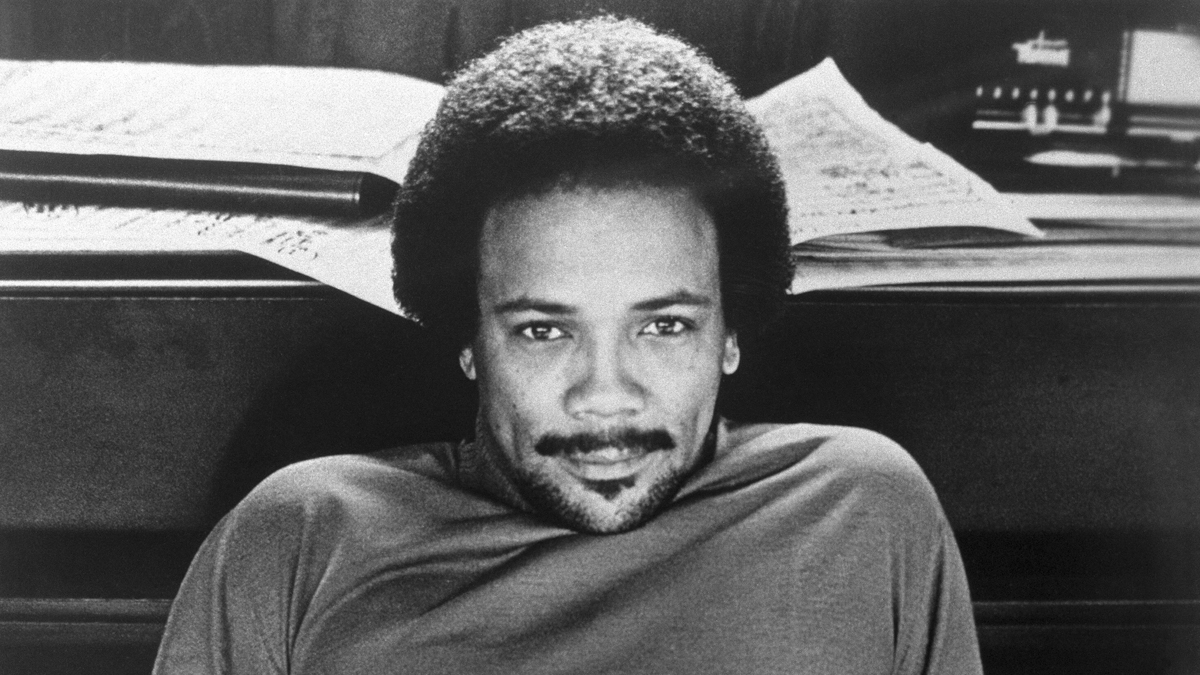
Jones would then play live with and arrange Miles Davis, Count Basie, Dizzy Gillespie and Frank Sinatra, who he helped with everything from live orchestration to album production over a 25 year period. After landing a job at Mercury Records and producing and arranging the likes of Sammy Davis Jr and Ella Fitzgerald, Jones started scoring films and TV shows including In The Heat of the Night (with its title track composed by Jones and sung by Ray Charles), Roots, The Italian Job, The Fresh Prince of Bel-Air, and the film Banning, for which he became the first African American to be Oscar nominated for Best Original Song for The Eyes of Love.
But it would be the slick hat-trick of Jackson albums that would seal Jones' place in pop history. 1979's Off The Wall might have only (!) shifted 20 million copies but is quite rightly regarded as a Jackson/Jones masterpiece that is right up there with (if not *whisper* beyond) Thriller. It certainly set the blueprint, with tracks that took the best of every pop genre around it, fusing disco, R'n'B, soul, pop and funk into an album that put Jackson on the map as a solo artist who would master all of those genres and more on this and future albums.
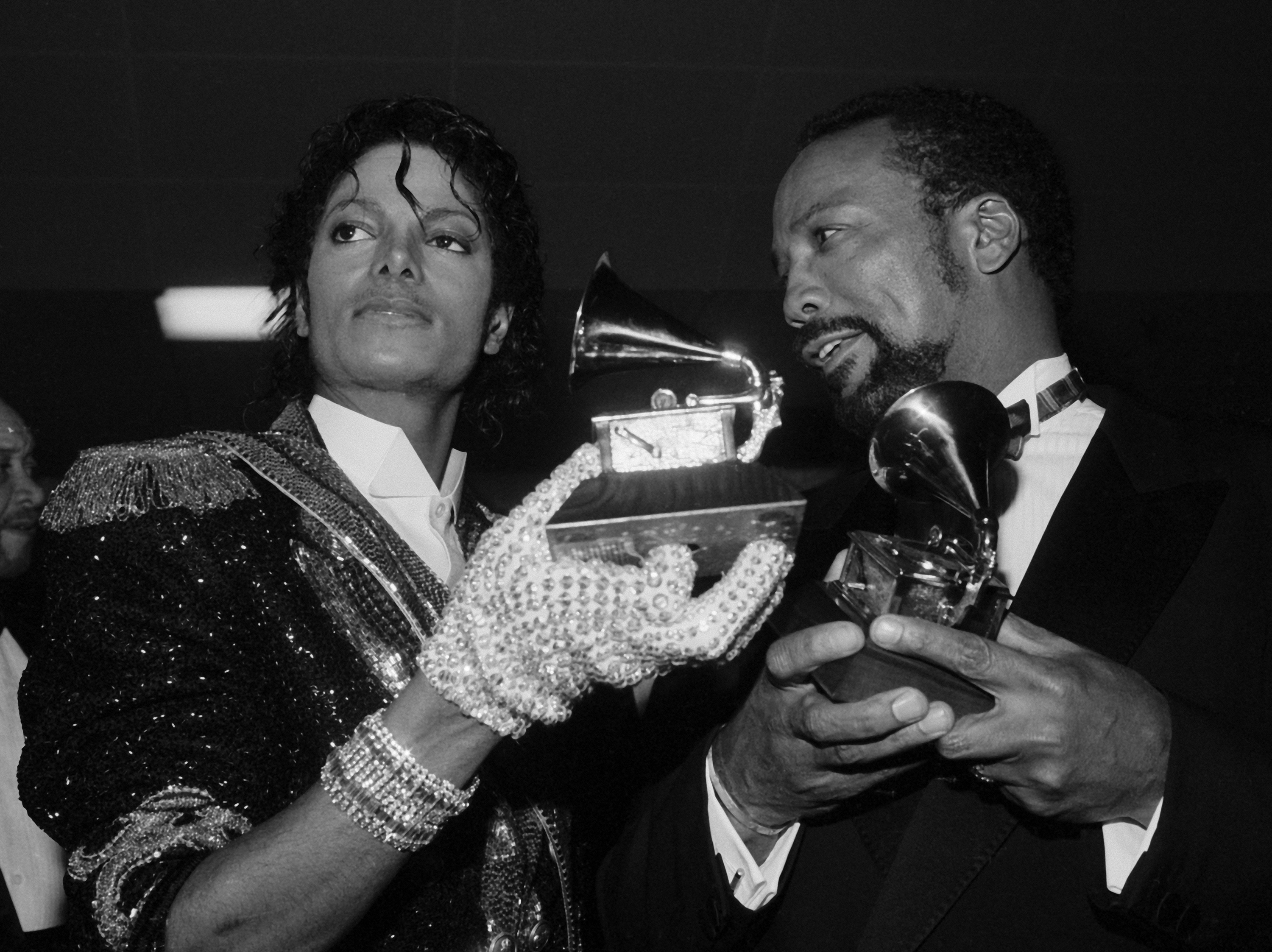
Jones' production, on incredible tracks like Don't Stop 'Til You Get Enough and Rock With You was on the one hand incredibly smooth and slick for the time, yet always complemented the incredible songwriting without pushing it aside. Indeed, this would end up being Quincy's key role in all Jackson's and other artist's projects: the ability to add diverse collaborators like Stevie Wonder and Eddie Van Halen to the studio role call, and the latest studio tech like Moog synths and next-level sampling, without detracting from the artist's vision.
1987's Bad was the final album Jackson and Jones would work together on, and with singles including The Way You Make Me Feel and Man in the Mirror, it has sold a very decent 45 million copies to be Jackson's second best-selling album. Like Thriller, Jones and Jackson embraced the latest technology although it's more evident on Bad which consequently and perhaps ironically dates it somewhat, so it might well be seen as the third placed Jackson/Jones album – still no mean feat considering its competition.
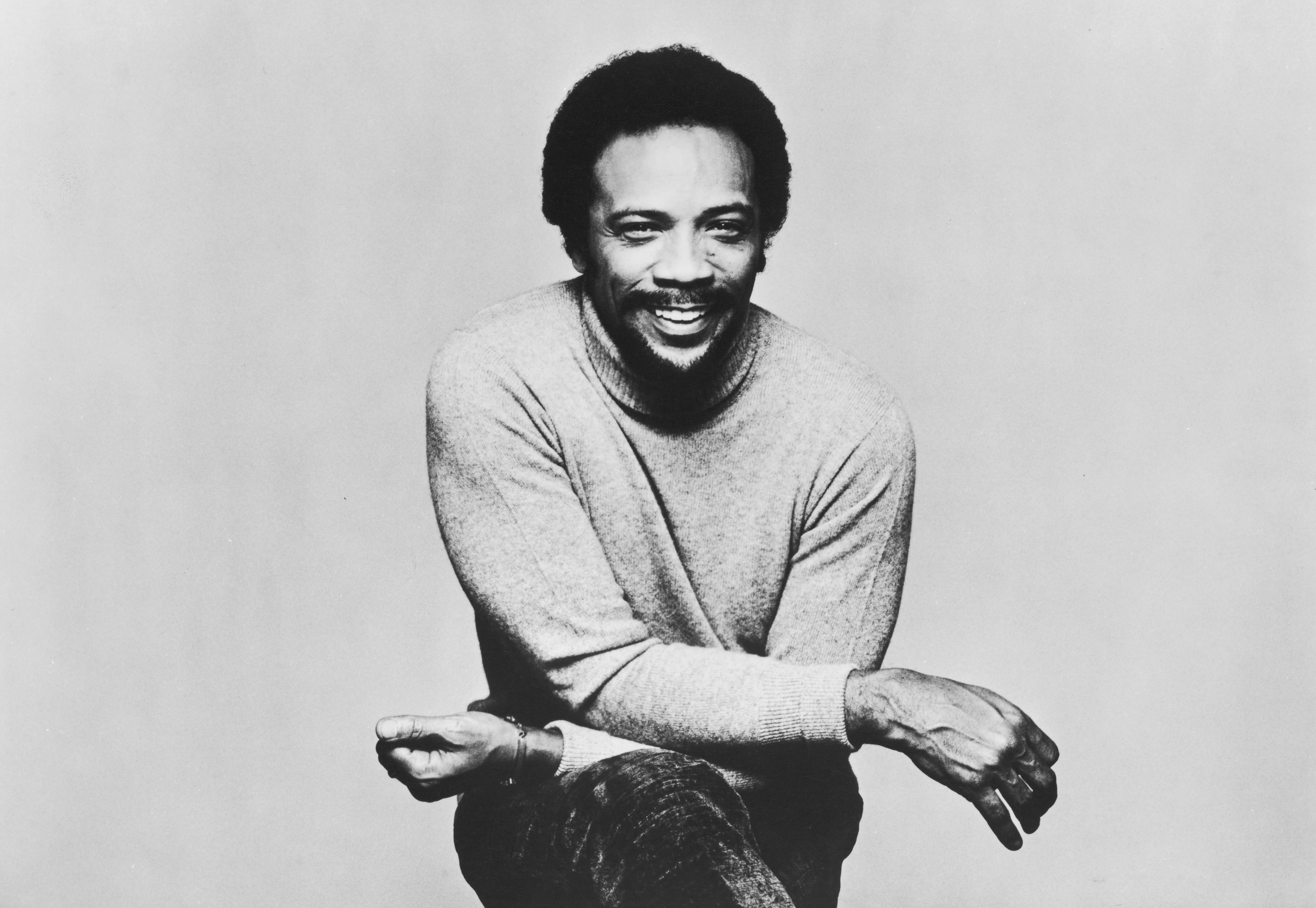
As if Jones hadn't already worked with the greats of American music, in 1985 he swept the rest up in one record-breaking recording session of We Are The World, the US response to Band Aid's 1984 charity single Do They Know it's Christmas? in the UK. Jones teamed up with producer Michael Omartian to record the Lionel Richie and Michael Jackson song with artists including Tina Turner Diana Ross, Cyndi Lauper and, Bruce Springsteen adding their voices to the 21 soloists and another 24 famous names singing backing vocals.
While We Are The World shifted some 20 million copies for the famine in Ethiopia, it wasn't the only charity that Jones would be involved in – he lent his name to numerous good causes including the Institute for Black American Music (IBAM) , the Quincy Jones Listen Up Foundation and We Are the Future (WAF).
Jones would end up with an incredible 28 Grammy Awards across his career, one that, as we have seen, didn't just touch that of Michael Jackson, but everyone else he met. One of his many (many) great quotes is, “You only live 26,000 days. And so, I'm telling you, I'm gonna wear all of them out. And if I get to 80, that'll be 29,000. I'm gonna wear 'em all out, you know? They're gonna know we came through here.”
Well, Quincy did around 33,500 days in the end, but he was right: they certainly knew he came through.
Quincy Jones in four tracks
1. Michael Jackson - Thriller
If people didn't realise how important the music video was after pressing play on this beauty, they would 14 minutes later – not that anyone pressed play back in 1984, but they wouldn't have missed Jackson's epic tune and Quincy's impeccable production on constant MTV rotation. It's done a billion on YouTube and reanimated the zombie in pop culture along the way. The song was pretty good too.
2. Michael Jackson - Don't Stop 'Til You Get Enough
It might have been ruined by that weird uncle who isn't actually related to your parents but dances like he means it to this song at any wedding you've been to, but Don't Stop 'Til You Get Enough is pure Jackson and pure Jones production. Believe us, there was plenty in the 1970s that wasn't worth remembering, but this track represents just about everything that was good about the decade. If Jones had added an ARP 2600 R2D2 voice it couldn't have been any better.
3. USA For Africa - We Are The World
The American charity single for the famine in Ethiopia was, by some accounts, a rather dramatic affair, certainly compared to the UK one where the highlight was Status Quo locking Spandau Ballet in the toilets; certainly not the drama of a Prince no-show. However what was assured was the Quincy Jones production with he and co-producer Michael Omartian doing the Richie/Jackson song 20 million sales worth of justice.
4. Lesley Gore - It's My Party
Jones achieved massive success with Gore before pretty much anyone else, producing four million-selling singles, this being the most famous as it was later covered by Dave Stewart and Barbara Gaskin in 1981, and perhaps more significantly by Amy Winehouse in 2010 for a Quincy Jones tribute album.
Andy has been writing about music production and technology for 30 years having started out on Music Technology magazine back in 1992. He has edited the magazines Future Music, Keyboard Review, MusicTech and Computer Music, which he helped launch back in 1998. He owns way too many synthesizers.
"I said, “What’s that?” and they said, “It’s what Quincy Jones and Bruce Swedien use on all the Michael Jackson records": Steve Levine reminisces on 50 years in the industry and where it’s heading next
“I’m looking forward to breaking it in on stage”: Mustard will be headlining at Coachella tonight with a very exclusive Native Instruments Maschine MK3, and there’s custom yellow Kontrol S49 MIDI keyboard, too
